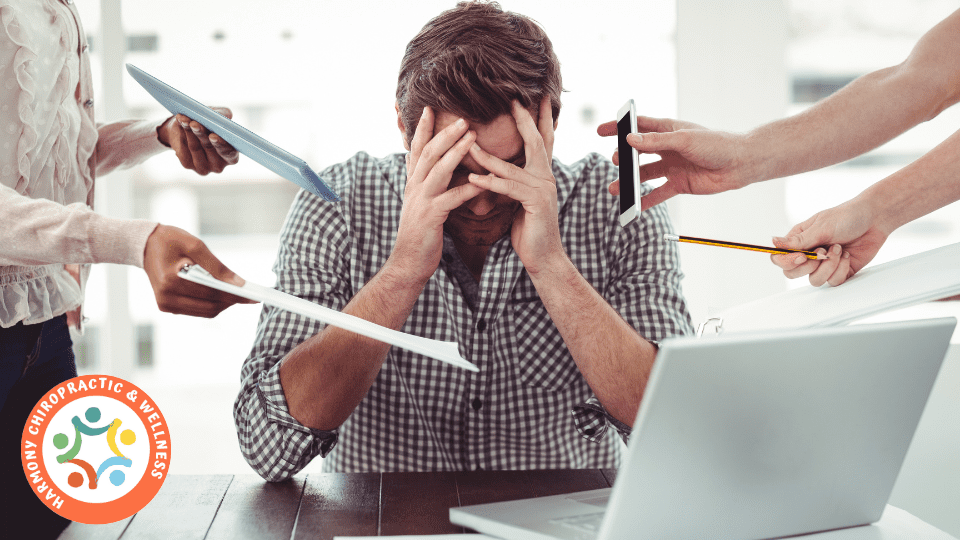What is Stress?
Stress is a common part of many of our lives. Sometimes it’s necessary to get things done, however, sometimes it can feel like too much to handle. Stress occurs when there’s an interaction that leads to a perceived disagreement between the demands and resources of a situation. In other words, the belief that you don’t have the resources to deal with the demands in your life. The stress response is cognitive, emotional, physical and behavioural.
Symptoms
Some cognitive symptoms include anxious or negative thoughts, memory problems, or poor judgment. Emotional symptoms can include irritability, moodiness, or feeling overwhelmed. A few physical symptoms are nausea, frequent colds, or aches. Some behaviour symptoms are procrastination or change in sleeping or eating habits.
The Biological Response
The fight or flight response is the biological stress response your body creates when it perceives danger. It’s an evolutionary physiological and emotional response that is meant to prepare your body to deal with an emergency. Meaning that when in danger, your body can “fight” and decide to flee or “fight” and decide to attack a given threat. Therefore, it’s an important response that has historically and does still sometimes help us prepare for danger. However, there are circumstances where the response isn’t necessary because the danger is not that severe.
Where Does Stress Come From?
Stress usually comes from uncertainty or lack of control of a situation. For example, COVID-19 was a very stressful time for many people, as it wasn’t something that was not easily controllable and there was a lot of uncertainty around the future. Significant life transitions, unpredictable events and, difficult timing are all common scenarios to feel stressed in. It’s important to understand it’s okay and normal to feel stressed, and that it’s not something to be ashamed of. Stressful life events are an inevitable part of life and the most we can do is manage our stress the best we can!
Factors that Decrease Stress
Increasing the controllability of a situation can help reduce stress. Not all situations have the ability to be controlled at all, however, here are some examples of how it could be done. Writing down a to-do list, planning out your day and, studying to decrease stress for a test are little ways to increase the controllability of a stressful situation. Exercising decreases stress and can help clear your mind, same with yoga, meditation and, breathing exercises. Social support is an effective way to decrease stress, as others can listen to your thoughts and also give you ideas about managing the situation.
The Effects of Stress and How Counselling Can Help
Stress increases cortisol, which can impact immunity as well as eating habits. There’s an increased risk of burnout and aging after chronic stress. Stress can be difficult to avoid, as often thinking about stress can make you feel more stressed. It can become a vicious cycle! One way to actively help cope with stress is counseling. Book an online counselling appointment now with our counsellor Joseph!
Kelowna Counselling | 250-868-8086





